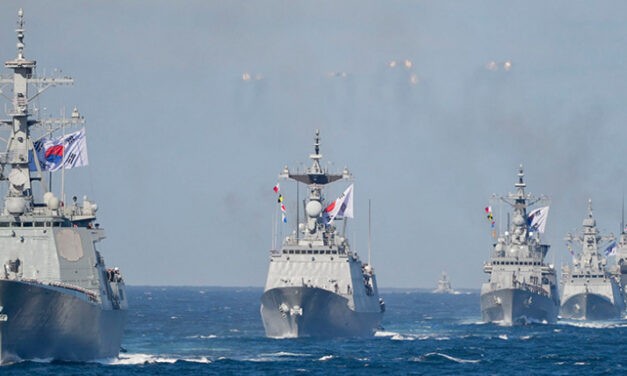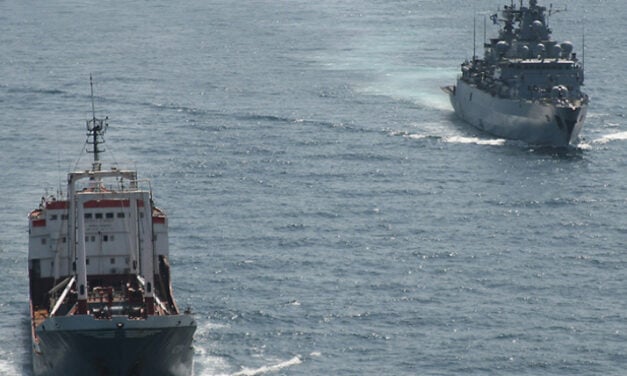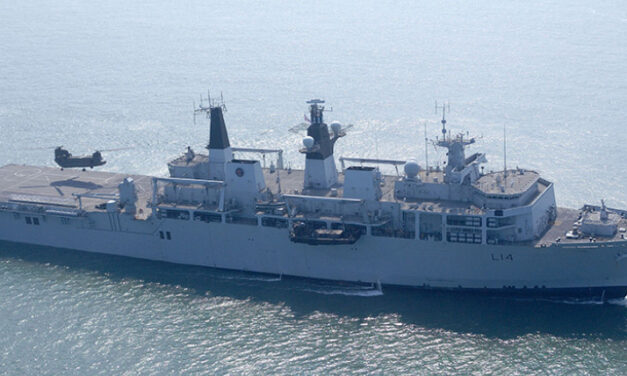Outbreak from the Yellow Sea
South Korea is continuing to work on an ocean-going fleet that can also be used for missions far from home. Aircraft carriers are also on the wish list. Since the 1950s, the South Korean navy has focussed on fending off the immediate threat from North Korea. This is currently changing. Seoul is systematically modernising and expanding its fleet. The aim is to create a fully-fledged ocean-going fleet that can also deal with challenges outside its immediate territorial area. On the one hand, this development reflects Seoul's desire to enhance the country's international reputation. In terms of gross domestic product, South Korea now has the tenth strongest economy in the world and the fourth strongest in Asia. A supra-regionally committed security policy brings the...
Weiterlesen






Latest comments